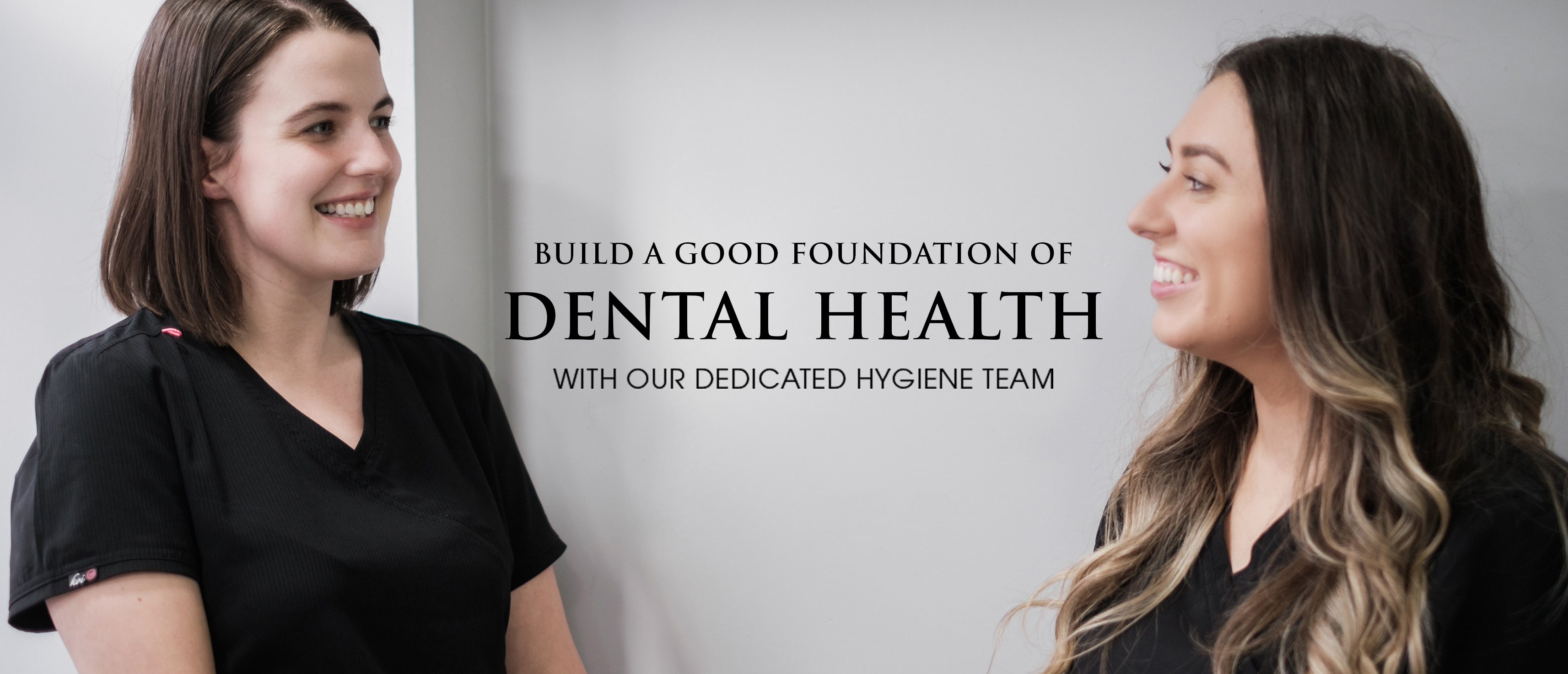
Plaque builds up naturally over time and when it is left untreated your teeth will decay, causing a foul odour and eventually tooth loss, and your gums can become infected and inflamed (gingivitis). This build up can also stain your enamel and cause your teeth to look dull.
Even if you brush and floss regularly, the hard truth is nearly 90% of all adults will, at one point in their lives, experience gum disease. The effects are damaging enough on their own but if you have expensive restorations like veneers, crowns, fillings, implants or even dentures, regular hygiene appointments are crucial to protect your investment.
Our focus is on preventing the need for dental treatment. By visiting the hygienist we will work with you to maintain a healthy smile. Nothing is as attractive as a natural smile. Don't put off having a healthy clean mouth.
Book an appointment to see our hygienist Paula.
SUPERFLOSS
GUM DISEASE
FLOSS
POWER JET
INTERDENTAL CLEANING
Electric toothbrush
Orthodontic Cleaning
Angled
toothbrush

Gum disease is an overarching term for soreness, swelling or infection of gum tissue. However, there are two main types of gum disease which are gingivitis- a general inflammation of the gums- and periodontal disease which affects both the gums and bone beneath it.
Your teeth are attached to the bone by microscopic fibres and as periodontal disease progresses the fibres are destroyed and leave ‘pockets’ of loose gum around the tooth. The bigger and deeper the pocket the more likely you are to lose a tooth or several teeth.
No, once you have periodontal disease it can never be “cured”. However, by following a thorough and personalise dental health routine provided by our hygienist you can stop the disease from progressing. It’s just one of the reasons you should schedule and attend regular dental checkups.
Untreated gum disease creates strong acids that destroy the fibres attached to the teeth and cause ‘pockets’ which are extremely difficult to keep clean. This buildup can cause the following:
Gum shrinkage
Tooth loss
Bleeding, swollen, spongy and painful gums
Foul tastes and bad breath
Loss of bone supporting the teeth
Loose and/or ‘gappy’ splayed front teeth
Abscesses